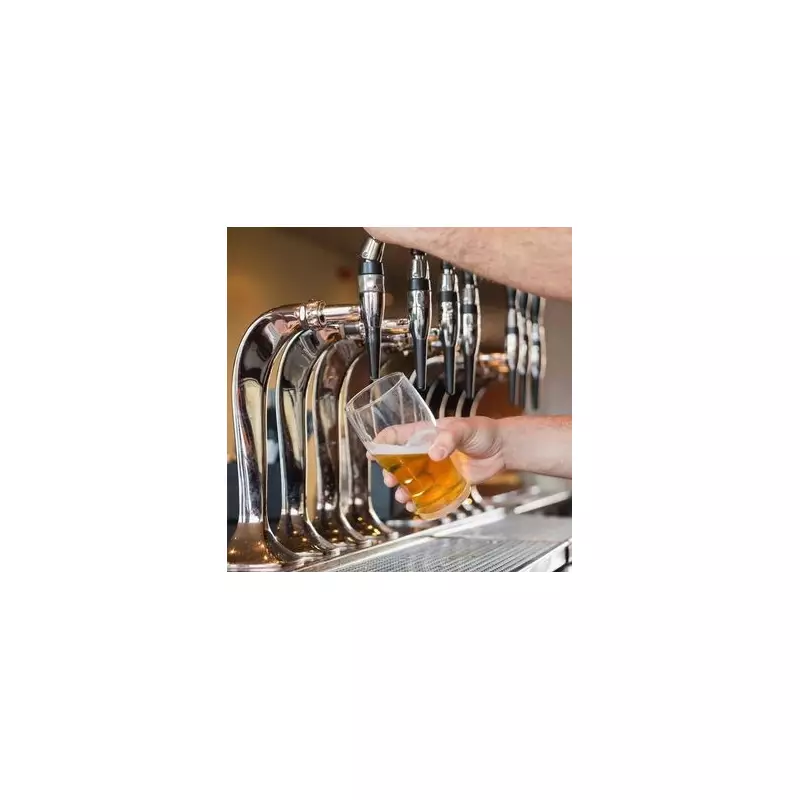
In a significant shift for one of Britain's most beloved pub chains, JD Wetherspoon has officially stopped accepting £20 and £50 banknotes across its entire estate. The new policy, which came into effect immediately, impacts all 824 of its establishments nationwide.
The company cites a move towards more efficient and secure payment processing as the primary reason behind the ban. A spokesperson for the chain explained that the decision was made to streamline transactions and keep up with evolving consumer habits, which are increasingly favouring cashless and contactless methods.
Which Payment Methods Are Still Accepted?
Patrons need not worry about being unable to pay for their famously affordable pints and meals. Wetherspoon will continue to accept a wide range of payment options, including:
- All debit and credit cards
- Contactless payments, including Apple Pay and Google Pay
- Lower denomination cash: £5, £10, and coins
- Wetherspoon's own app, which allows for ordering and payment directly from your table
The ban specifically targets the higher-value notes, which the company believes will speed up service at the tills and reduce potential security risks associated with holding large amounts of cash.
Customer and Industry Reaction
The move has sparked a mixed reaction from the public. While many welcome the push towards a more modernised payment system, others have expressed concern for those who still rely heavily on cash.
"It's a sign of the times," one customer remarked. "But I do feel for the older generation who might not be as comfortable with card payments. Paying with cash is just simpler for some people."
This decision places Wetherspoon at the forefront of a growing trend within the UK's hospitality sector, as many venues continue to reassess their cash policies in a progressively digital economy.





